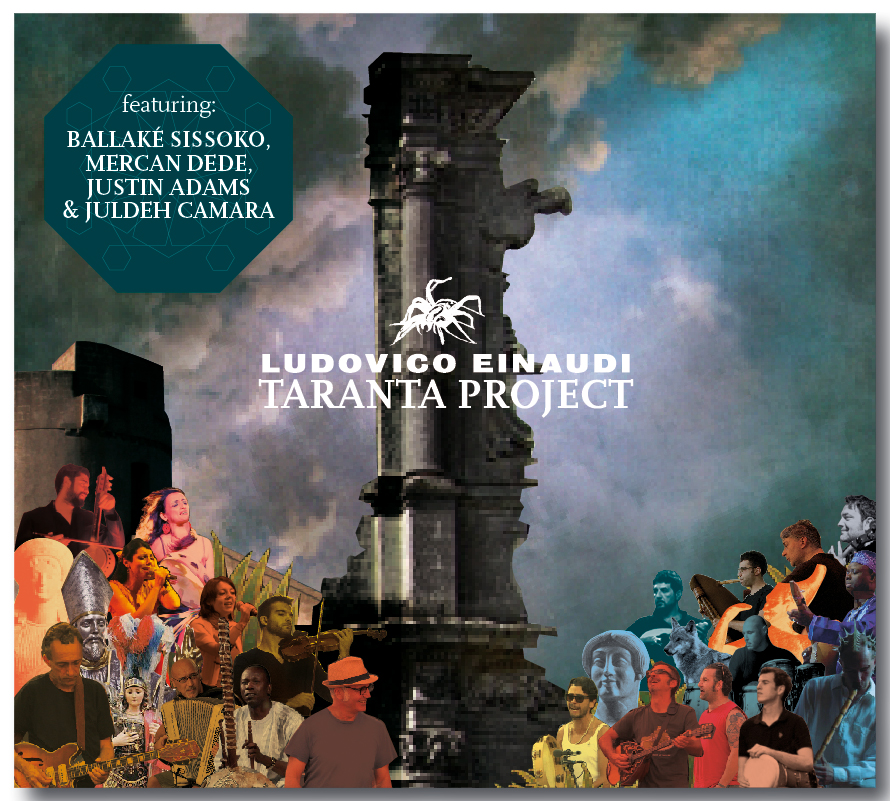DESCRIPTION
Digipack
Taranta Project is the result of a process of revisiting the work I did in August 2010 and 2011 as Conductor of the La Notte della Taranta music festival. The material from the festival, a bursting kaleidoscope of musical evocations, has since been experimented with more deeply, as illustrated in this album. My vision, in my engagements with the Taranta music, was to try to breathe new life into the ancient folk songs of the Salento (the ‘heel’ of the Italian boot), which once served as a means of driving out the world’s ills, by building a network of connections with other musical traditions and cultures, aspiring to create a universal language where ancient and modern, sacred and secular, and written tradition and oral tradition can coexist in harmony. So, Taranta Project is an endeavour that embraces diverse worlds and ways of making music, where each musician expresses himself individually and yet is part of one giant fresco where all languages combine, blend and are dissolved together, giving life to a unified choral current.
The worlds I am referring to – and which the numerous musicians featured in this album have contributed to – are African, Middle Eastern and electronic music, as well as Baroque music in a certain sense, because of its sectional forms and its abrupt dynamic and harmonic changes. This album is the fruit of vigorous teamwork. Fellow musicians accompanied me on this dense journey, which in certain passages was so extraordinary that I feared I would lose my way. The first of these musical companions is Mauro Durante, who introduced me to music of the Salento; he acted as my compass in the Taranta jungle. The group of local Salento vocalists and instrumentalists let themselves get swept away in this adventure, contributing not only passion and finesse, but also the warmth and spontaneity of a big family. Guest artists Mercan Dede and the Secret Tribe infused a Middle Eastern seduction into the rhythm of the pizzica dance, while African artists JuJu and Ballaké Sissoko pushed the Taranta ever closer to a certain ancestral sentiment. Finally, Alberto Fabris looked after the whole production step by step without ever getting discouraged – without him, the Taranta Project might never have been accomplished.
